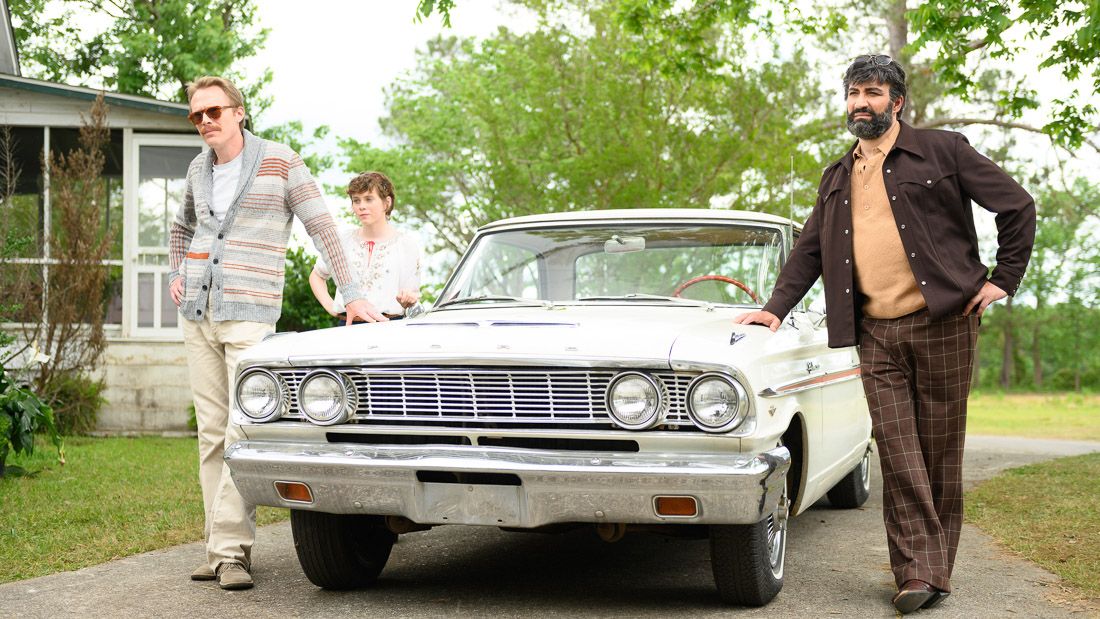Cocaine Bear
by Hope Madden
As misbehaving bears go, Elizabeth Banks’s Cocaine Bear puts Winnie the Pooh to shame. The laughs are intentional, for one thing, but the outright carnage outstrips anything I’ve seen in a genre film this year. And it’s not even a horror movie!
The year is 1985, from what I can piece together from an inspired soundtrack of pop hits spilling out of speakers, and one Jefferson Starship fan is about to make a jump from his plane with an awful lot of coke. Things don’t go well, and next thing you know, drug kingpin Syd (Ray Liotta in his final screen performance) is sending his reluctant son (Alden Ehrenreich) and best guy (O’Shea Jackson Jr.) to Blood Mountain to retrieve $14 million in missing blow.
As you may have guessed from the title, a bear found it first.
It’s barely (bear-ly?) accurate to say that Jimmy Warden’s screenplay is based on true events. In fact, a smallish black bear overdosed on drugs dropped into a Tennessee wilderness, only to be stuffed and displayed in a mall. That’s just sad no matter how you look at it. So, Warden says to himself, what if the bear was like three times bigger? All hell might break loose.
We meet an assortment of folks trying to stay out of the bear’s way, as well as those trying to track down the cocaine. One mom (Keri Russell) is looking for her errant daughter (Brooklynn Prince) and her buddy, Henry (Christian Convery, scene larcenist).
The great Margo Martindale as Ranger Liz is hysterically deadpan opposite three skate punks (Aaron Holliday, J.B. Moore and Leo Hanna, all superb). And even with as little time as we get to spend with the paramedics (Scott Seiss and Kahyun Kim of the badass blue eyeshadow), you’ll miss them.
That’s really Banks’s trick. The film offers little more than a loose assortment of national park visitors/bear meat, but the filmmaker and her comedically able cast invest enough in each character that you like them. You root for them, despite the fact that most of them are bad people. And bound to die.
For a very dark comedy, Cocaine Bear is light entertainment. It’s hard to imagine expecting anything more.
Not every animal lover is going to appreciate the comedy in this film, FYI. An enormous black bear is high out of her mind for 90 minutes and, in that deranged state, does some funny things but mostly tears humans to pieces to the delight of the crowd. If this doesn’t sound entertaining to you, maybe don’t see Cocaine Bear.






